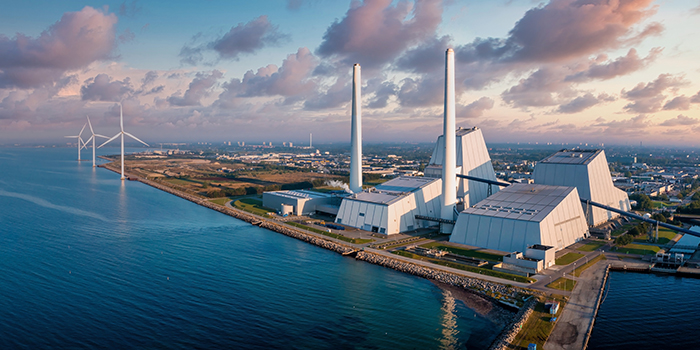
What Did We Learn from COP26?
Despite the best efforts of many, the general consensus is that COP26, the UN Climate Change Conference recently held in Glasgow, did not bring the world very much closer to meeting the goal of the Paris Agreement to keep global warming at well below 2 (and preferably 1.5) degrees Celsius pre-industrial levels.
Whilst the result that many had hoped for wasn’t quite achieved, there were many positive outcomes from COP26.
It’s now fully understood by all global leaders that fossil fuels need to be phased out. However, the phasing out of fossil fuels in the western world is simply not enough to protect our planet and a global effort is required.
For the first time at a COP conference, there was an explicit plan to reduce the use of coal, which is responsible for 40% of annual CO2 emissions.
Fossil fuel subsidies will also be phased out, meaning that prices of coal, oil and natural gas will no longer be artificially lowered. In principle, this should encourage energy providers to switch to greener alternatives, however no firm dates were agreed.
It was agreed that significantly more money will be provided to help poor countries cope with the effects of climate change and switch to cleaner energy sources. The prospect of a trillion dollar a year fund was also discussed, after a previous pledge for wealthy countries to provide $100billion a year by 2020 was missed.
Leaders agreed that countries will meet again in 2022 to commit to further reductions in emissions of carbon dioxide (CO2).
Scientists state that if temperatures rise above 1.5 degrees Celsius, the world will experience a “climate catastrophe”. Currently, the pledges agreed at COP26 will only limit global warming to 2.4 degrees Celsius.
Leaders from more than 100 countries, who possess around 85% of the planets forests, have promised to stop deforestation by 2030. A scheme to cut 30% of methane emissions by 2030 was also agreed by the same number.
The economy is already anticipating a carbon-constrained future and businesses are embracing the transition away from high-energy consumption and fossil fuels.
Decarbonisation is now widely recognized as a driver of competitiveness. This is particularly apparent in the construction sector, where sustainability accounts for around 25% of all bid submissions.
Technology has the capability to accelerate our journey to net-zero.
At Invisible Systems, we’re investing significantly in R&D to ensure that we’re able to provide our customers with industry-leader net-zero solutions.
For more information on incorporating IoT within your sustainability initiatives, reach out to a member of our team today.








